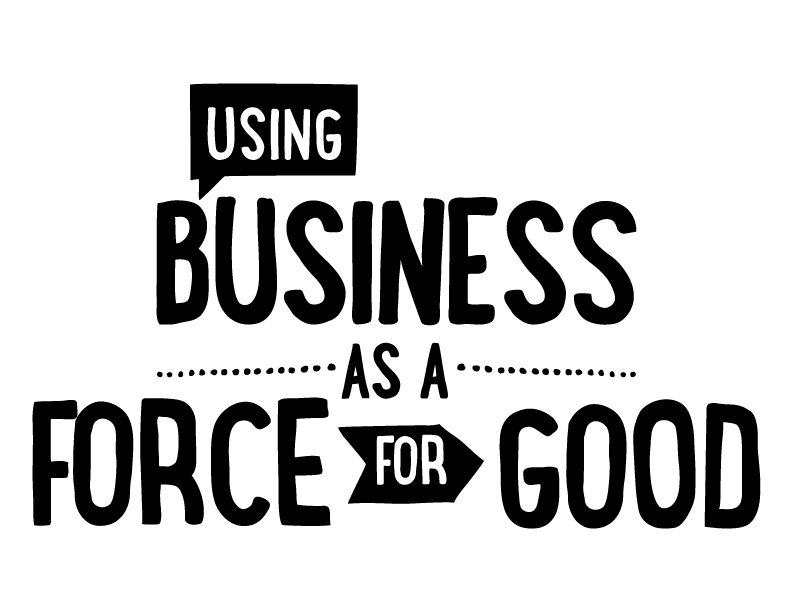Business as a Human System
What does business as a human system mean?
Before I answer the question, here's why I'd like to answer it.
I believe we are at a time of polarity, transition and opportunity.
That means to say more activity is happening on the extremes, radical ideas are more likely to be adopted because there is a general awareness that the status quo is not working. The status quo has given rise to many looming problems in society, which also means there is the possibility of solutions. In between problem and solution lies opportunity.
Broadly, I perceive two different paradigms of business (with many variations in between) that are persisting on the extremes of the "philosophy of business" spectrum. They represent two fundamentally different views about the nature of human beings and what motivates behaviour and performance.
These differing perspectives have far-reaching implications for the role business plays in shaping society and the natural world and thus on human civilisation.
On one end of the spectrum, we have "business as usual" - based on the idea that the sole purpose of business is to maximise value for shareholders (Milton Friedman)

On the other end, a different view - that business exists to create profitable solutions to meet the needs of people and society (Colin Mayer)
Business as a human system is based firmly on the second idea. I believe that by developing and advancing this idea, based on a "fuller" view of what motivates people, business has the opportunity to generate greater well-being, more fulfillment and engagement at work, better products and services, a sustainable and thriving natural environment and an overall better world.
So back to what Business as a Human System means...
To consider business a "human system", is to assume that people have a natural thirst for meaning and a desire to work with others to experience and contribute to something greater than themselves.
This is in contrast to an opposing view that still dominates in business today - that people are self-interested, seeking to direct their efforts to maximise the value to themselves.
Both are true inasmuch as they amount to a self-fulfilling prophecy - whichever view you hold, you're likely to invite and then experience the behaviours that support your assumptions about people.
To consider business a "human system", is to assume that people have a natural thirst for meaning and a desire to work with others to experience and contribute to something greater than themselves.
The "fuller" view, the one that business as a human system is based on, has important implications for how we understand and conduct business…
...It implies that a primary role of leaders is to co-create the conditions for people to bring their full-selves to work and to be at their best.
It implies that there ought not to be any hierarchy of stakeholders. Instead, each set of stakeholder relationships is dependent on the other and is vital in its own right (and that investing in those relationships, in different degrees, at different times as the business requires, will ensure the healthy functioning of the business).
It implies that for business to be successful, it should operate true to an authentic, clear and practical purpose which seeks to create sustainable economic value while improving the lives of people and contributing to a better world.
In this human and relationship-centric view of business, purpose and meaning are base conditions for high performance, engagement, value creation and sustainable profit.
If we conceive of business as a human system, as opposed to a merely contractual one, we pave the way for a future that we all want to be part of.
